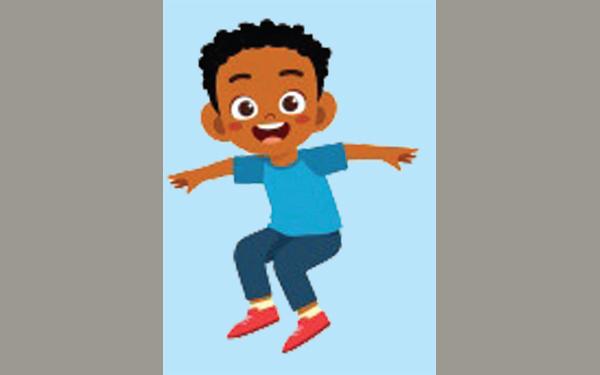
Phrasal verbs are an important feature of the English language. The meaning of a phrasal verb often bears no relation to the meaning of either the verb or the particle which is used with it. Many phrasal verbs have several different meanings.
Fall off (if an amount, rate or quality of something falls off, it becomes smaller or lower)
The demand for new cars fell off after the budget.
Fall on (to happen on a particular day or date)
Christmas falls on 25 December every year.
Fall out (to argue with someone and stop being friendly with them)
Bob left home after falling out with his parents.
Fall over (to fall to the ground)
The principal was walking along the corridor quite normally and then suddenly fell over.
Fall through (to fail to happen)
Our plans to visit India fell through due to the Covid 19 pandemic.
Fall to (if a duty falls to someone, they have to do it)
The duty of maintaining office records fell to me.
Fall under (to be included in a group of things)
These articles fall under the general heading of archaeology.
Fan out (to walk forward and move away)
When the police arrived on the scene of the crime the crowd fanned out.
Farm out (to give work to other people)
The editor decided to farm out most of the editorial work to freelance journalists.
Fasten on to (to follow someone and stay with them)
The journalist fastened on to a fashion designer and kept on asking questions.
Fatten up (to give a lot of food to an animal so that it becomes fatter)
The pigs were fattened up before they were sold.
Fawn over (to praise someone in order to get something from them)
The photographer was fawning over the model trying to get her to pose for the camera.
Fear for (to be worried about something)
After the workers were laid off they feared for their jobs.
Feast on (to enjoy something very much)
The tourists feasted on chicken and roast potatoes.
Feed off (use something as food)
Hyenas feed off rotting flesh.
Feed on (to eat a particular type of food)
Beetles feed on plant material.
Feel for (to feel sorry for someone)
I felt for Mary when her husband died.
